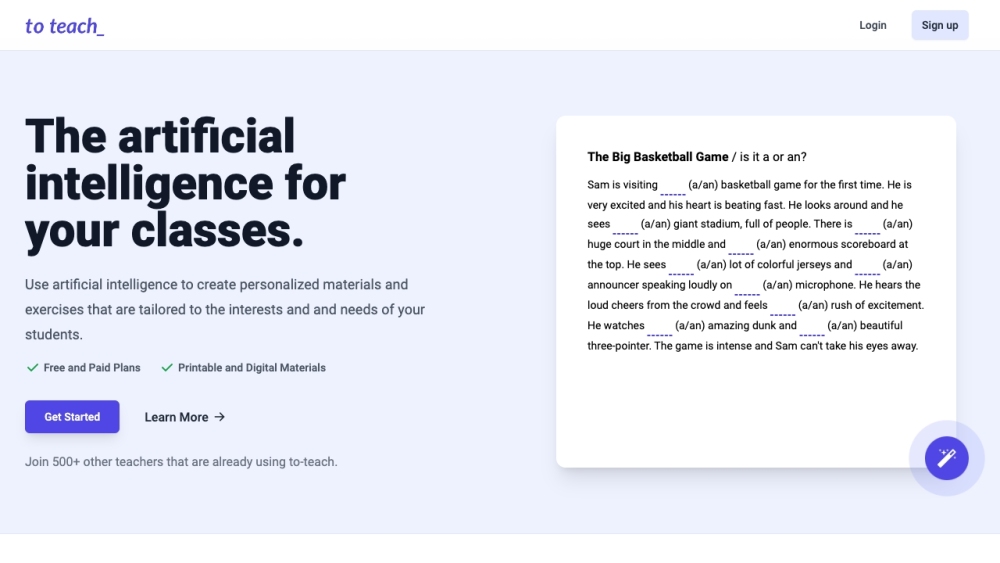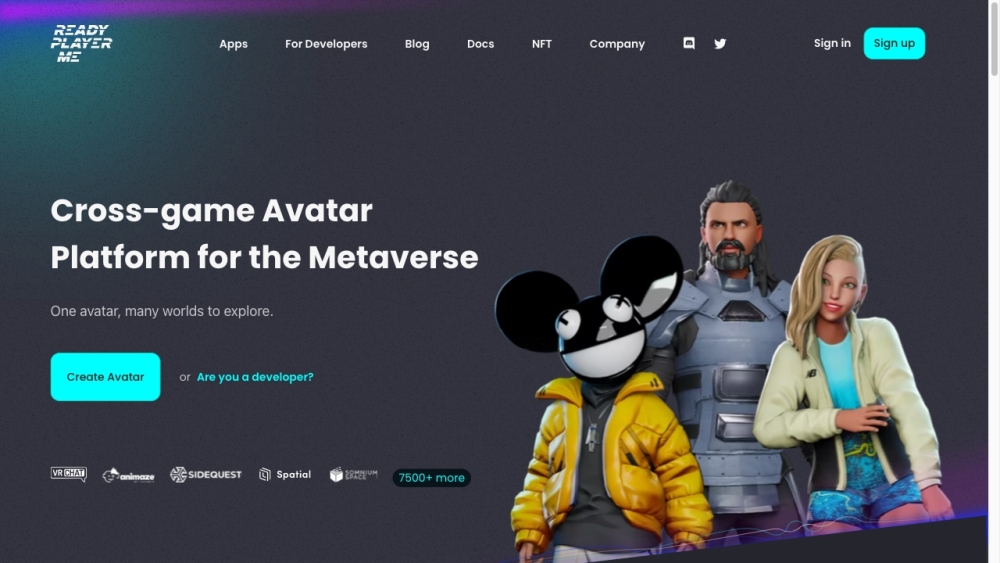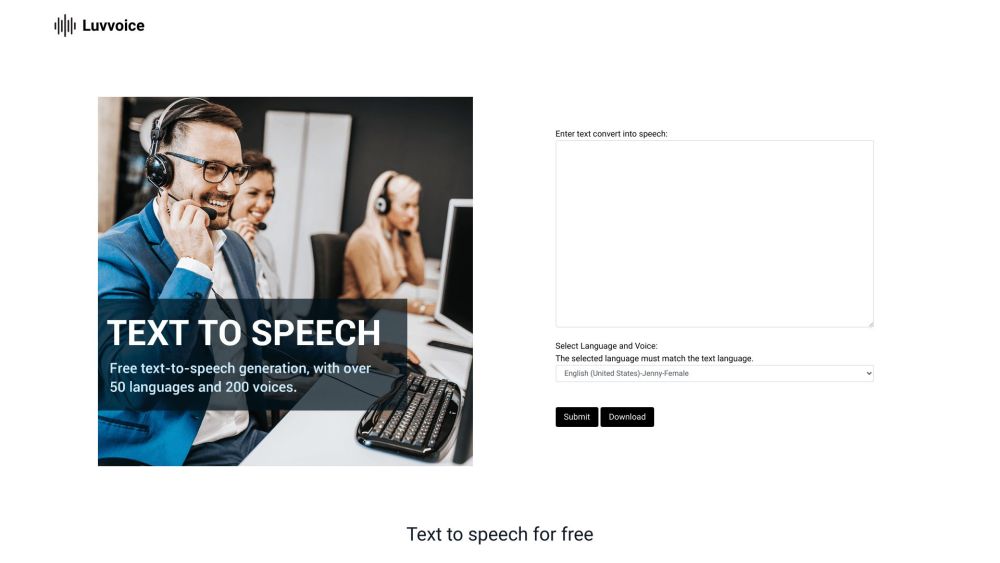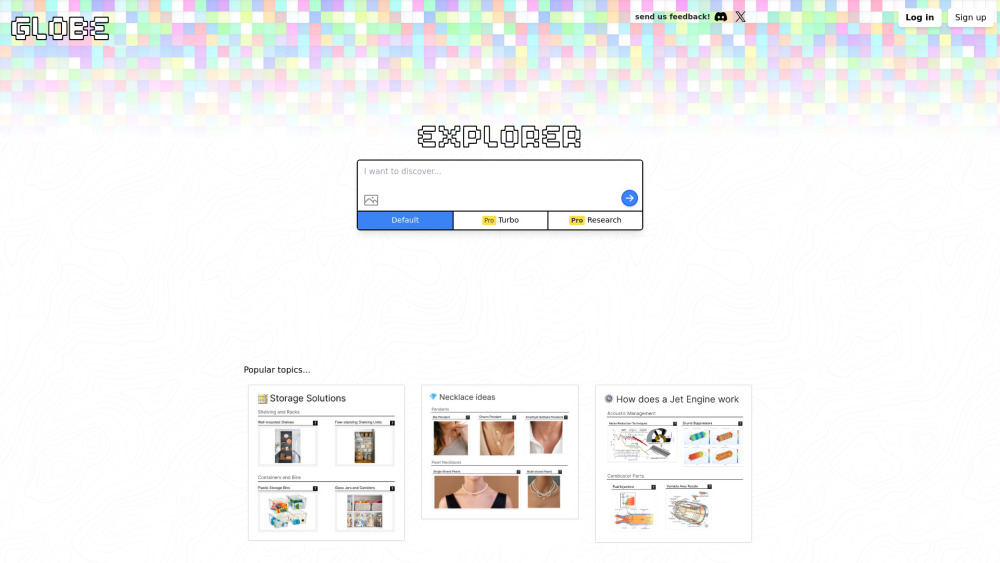Andrej Karpathy, a founding member of OpenAI and former AI lead at Tesla, has launched an artificial intelligence education company called Eureka Labs. He made this announcement early on July 17 on the social media platform X. Eureka Labs aims to create a new type of AI-driven school. For instance, in physics, imagine learning high-quality course material with guidance from physicist Richard Feynman. While it's rare to find experts who are not only knowledgeable but also possess exceptional teaching skills and patience, recent advancements in generative AI make such learning experiences feasible. Whether through direct interaction with AI or a comprehensive course design, educators will still curate the content while leaning on optimized AI tools to assist and enhance student learning. “If we succeed, anyone will be able to learn anything, greatly expanding the reach and depth of education,” states Karpathy.
He shared the inspiration behind the name "Eureka Labs," which derives from the ancient Greek term εὕρηκα, reflecting the wonderful sense of discovery and understanding. The addition of "Labs" signifies Karpathy's desire to foster a space for experimentation, as the single word "Eureka" was already in use.
The flagship product of Eureka Labs is the course LLM101n, designed for undergraduates to learn how to train their own AI models, akin to having a mini AI teaching assistant. The course materials will be available online, with plans for both digital and in-person classes. In June, Karpathy announced the course's curriculum on GitHub, generating significant interest. When asked whether Eureka Labs’ offerings would be subscription-based or free, he expressed his desire for it to be a self-sustaining enterprise while keeping educational content accessible. “The content itself is free and licensed, while revenue will come from other avenues, like running experimental study groups,” he explained. “AI will profoundly impact education, and I know this is a passion of yours.”
Since leaving OpenAI in February, the public has been keenly interested in Karpathy's next steps. He clarified that his departure was not dramatic; he simply wanted to devote time to personal projects. Reflecting on his educational journey, he was born in Czechoslovakia (now Slovakia) and moved to Canada at age 15, earning his bachelor's degree in computer science and physics from the University of Toronto in 2009. There, he was introduced to deep learning through courses by Geoffrey Hinton. Karpathy later obtained a master's degree from the University of British Columbia, focusing on machine learning for physical simulations, before earning a Ph.D. from Stanford University under the mentorship of AI expert Fei-Fei Li.
At Stanford, he created the university's first deep learning course, CS231n: Convolutional Neural Networks for Visual Recognition, which became one of the largest courses at Stanford. From 2015 to 2017, Karpathy transitioned to OpenAI as a founding member and research scientist, later joining Tesla at the invitation of Elon Musk to spearhead the development of Autopilot. He became Tesla's AI director in June 2017 before leaving the company in July 2022, describing the decision as challenging. While Tesla had not fully achieved automated driving, the R&D team was capable of operating independently. This transition allowed Karpathy to reassess his passion for AI, open-source, and education.
Eight months after departing Tesla, he returned to OpenAI, but this time his role was described as that of an observer, with limited involvement in newer projects. Notably, during his final projects at OpenAI, he was allocated an inadequate number of GPU resources. Eventually, he left the company again in February 2023 amidst increasing tensions within OpenAI.
Throughout his career shifts, Karpathy has consistently shared his knowledge publicly through blogs, posts, and lectures. On social media and YouTube, he has amassed significant follower counts, with one popular video about large models reaching over 2 million views. He has shared many insights, including thoughts on neural networks as "software 2.0" and distinguishing illusions in AI models from straightforward errors. Earlier this year, he emphasized the importance of substantial content over superficial teaching in videos and online courses, likening it to rigorous training in a gym.
Looking back on his journey, Karpathy credits his early interest in education to teaching online during his student years, developing the CS231n course at Stanford, and his recent Zero-to-Hero AI series. His work in artificial intelligence spans academic research to practical applications in industry. The launch of Eureka Labs represents the culmination of Karpathy’s two-decade passion for both artificial intelligence and education.




